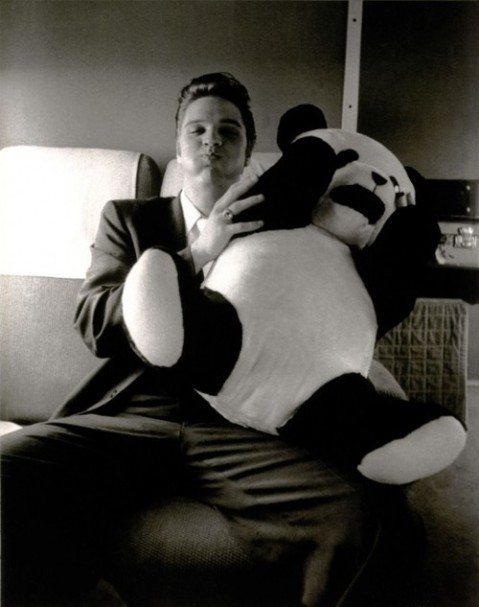He spoke of latent causes, sterile gauzes and the bedside morale
July 31, 2013 § Leave a comment

Stoker opened by telling Whitman that he could burn the letter, but hoped that he would resist. “I don’t think there is a man living, even you who are above the prejudices of the class of small-minded men, who wouldn’t like to get a letter from a younger man, a stranger, across the world—a man living in an atmosphere prejudiced to the truths you sing and your manner of singing them.” He greatly valued Whitman’s candor, regarding him as different from other men, and hoped that they could be friends. “If I were before your face I would like to shake hands with you, for I feel that I would like you. I would like to call you Comrade and to talk to you as men who are not poets do not often talk.” Stoker then declared Whitman to be a “true man,” confessing that he yearned to be one himself, “and so I would be towards you as a brother and as a pupil to his master.”
Having made his admiration known, Stoker described his life: He was twenty-four years old, named after his father; his friends called him Bram, and he earned a small salary working as a clerk for the government. Next came his person and demeanor:
I am six feet two inches high and twelve stone weight naked and used to be forty-one or forty-two inches round the chest. I am ugly but strong and determined and have a large bump over my eyebrows. I have a heavy jaw and a big mouth and thick lips—sensitive nostrils—a snubnose and straight hair. I am equal in temper and cool in disposition and have a large amount of self control and am naturally secretive to the world. I take a delight in letting people I don’t like— people of mean or cruel or sneaking or cowardly disposition—see the worst side of me.
Stoker included his physical description, because he surmised from Whitman’s works and his photograph that he would be interested to know the “personal appearance of your correspondents.” Wrote Stoker: “You are I know a keen physiognomist.”
Stoker attempted to convey what Whitman’s poetry meant to him. “I have to thank you for many happy hours, for I have read your poems with my door locked late at night, and I have read them on the seashore where I could look all round me and see no more sign of human life than the ships out at sea: and here I often found myself waking up from a reverie with the book lying open before me.” Whitman’s verse had been life-changing for a self- confessed conservative from a conservative country. “But be assured of this, Walt Whitman—that a man . . . who has always heard your name cried down by the great mass of people who mention it, here felt his heart leap towards you across the Atlantic and his soul swelling at the words or rather the thoughts.”
Stoker closed by acknowledging his frankness. “I have been more candid with you—have said more about myself to you than I have ever said to any one before. You will not be angry with me if you have read so far. You will not laugh at me for writing this to you. It was with no small effort that I began to write and I feel reluctant to stop, but I must not tire you any more.” read more
PHOTOGRAPH: [unattributed]